'Overseas staff vital' says care home and hotel
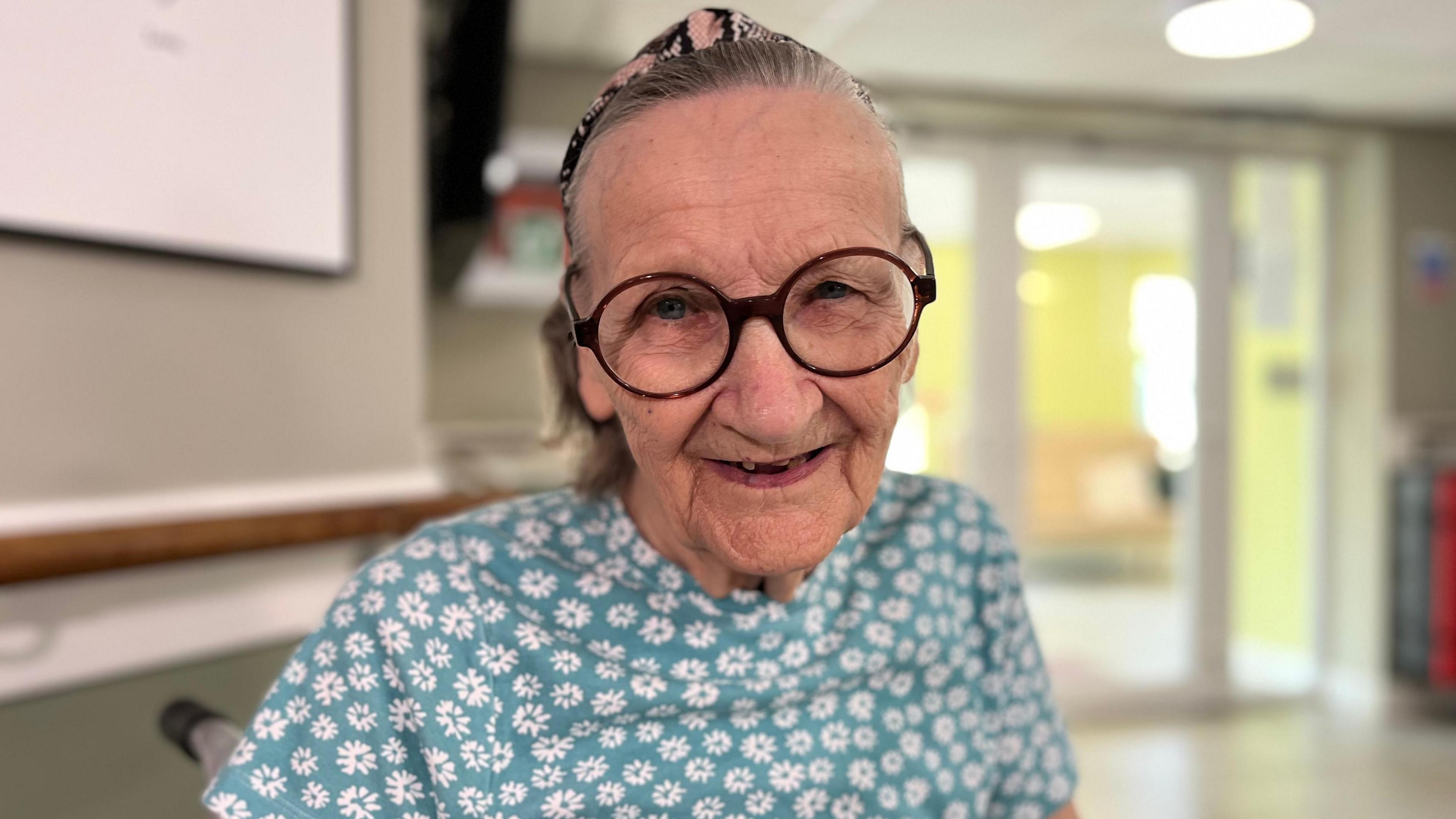
Brenda Smith said the residents at Hatherleigh Nursing Home could not live without overseas staff
- Published
Immigration is one of the issues a lot of people in the South West have been talking about ahead of the General Election. BBC News has taken a look at how the issue is affecting two industries in the region - tourism and social care.
Nearly a quarter of staff at Hatherleigh Nursing Home are from overseas, the manager said.
Ashley Ryder said a change to immigration rules in January had meant her staff were "no longer guaranteed to be able to bring their dependants in" and resulted in her losing six members of staff to the NHS.
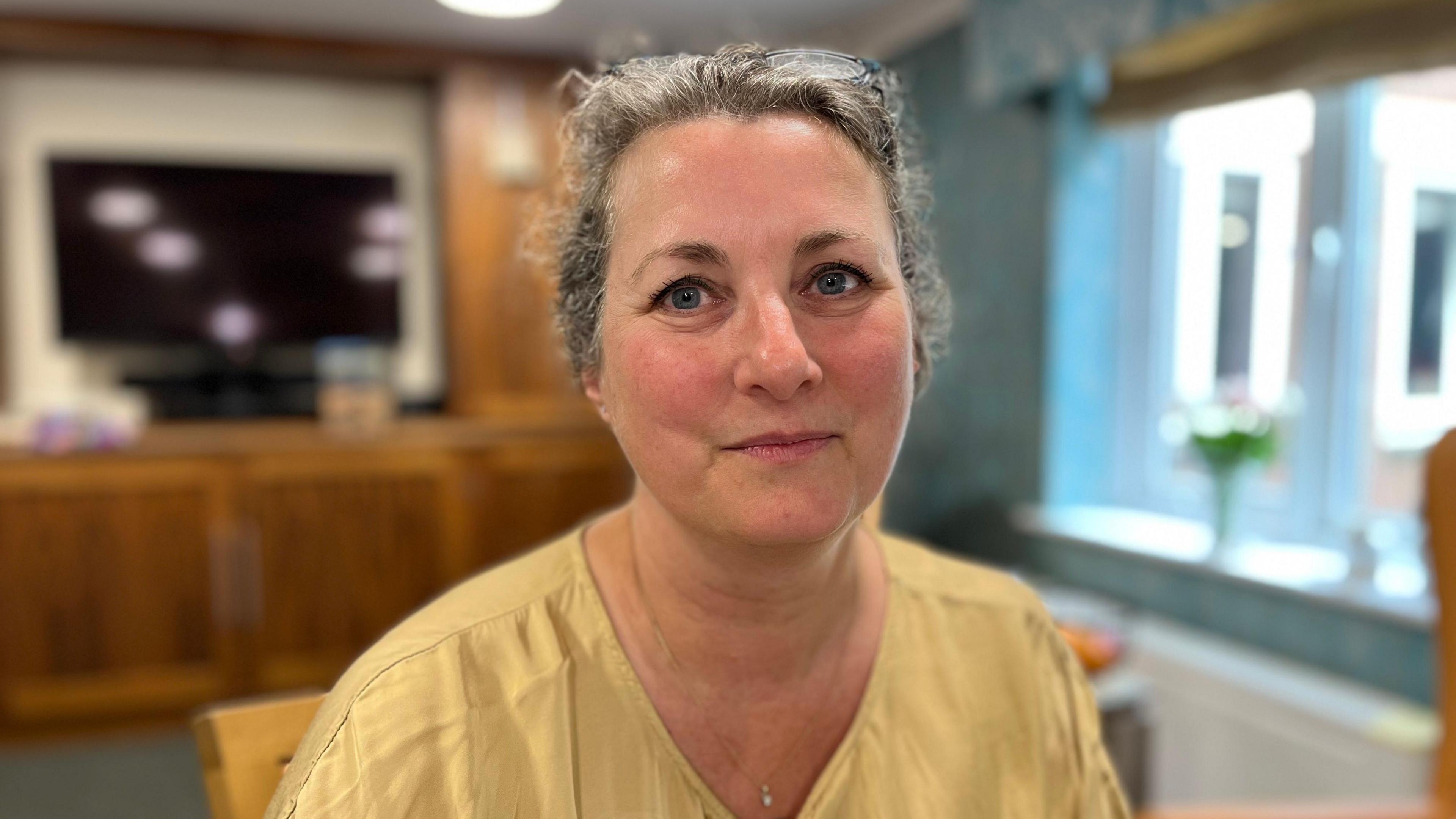
Ashley Ryder said the NHS had an "advantage" over social care
"Since January health care assistants have no longer been guaranteed to be able to bring their dependants in. The NHS has been able to do that," said Ms Ryder.
"I think that's where the NHS have had the advantage over social care because they've been able to offer people that security.
"We need that security too... to be able to offer the team the security for them and their dependants as the NHS can offer."
She added: "I'm not going to get into politics, but let's be hopeful that whoever comes in will make sure that social care is considered."
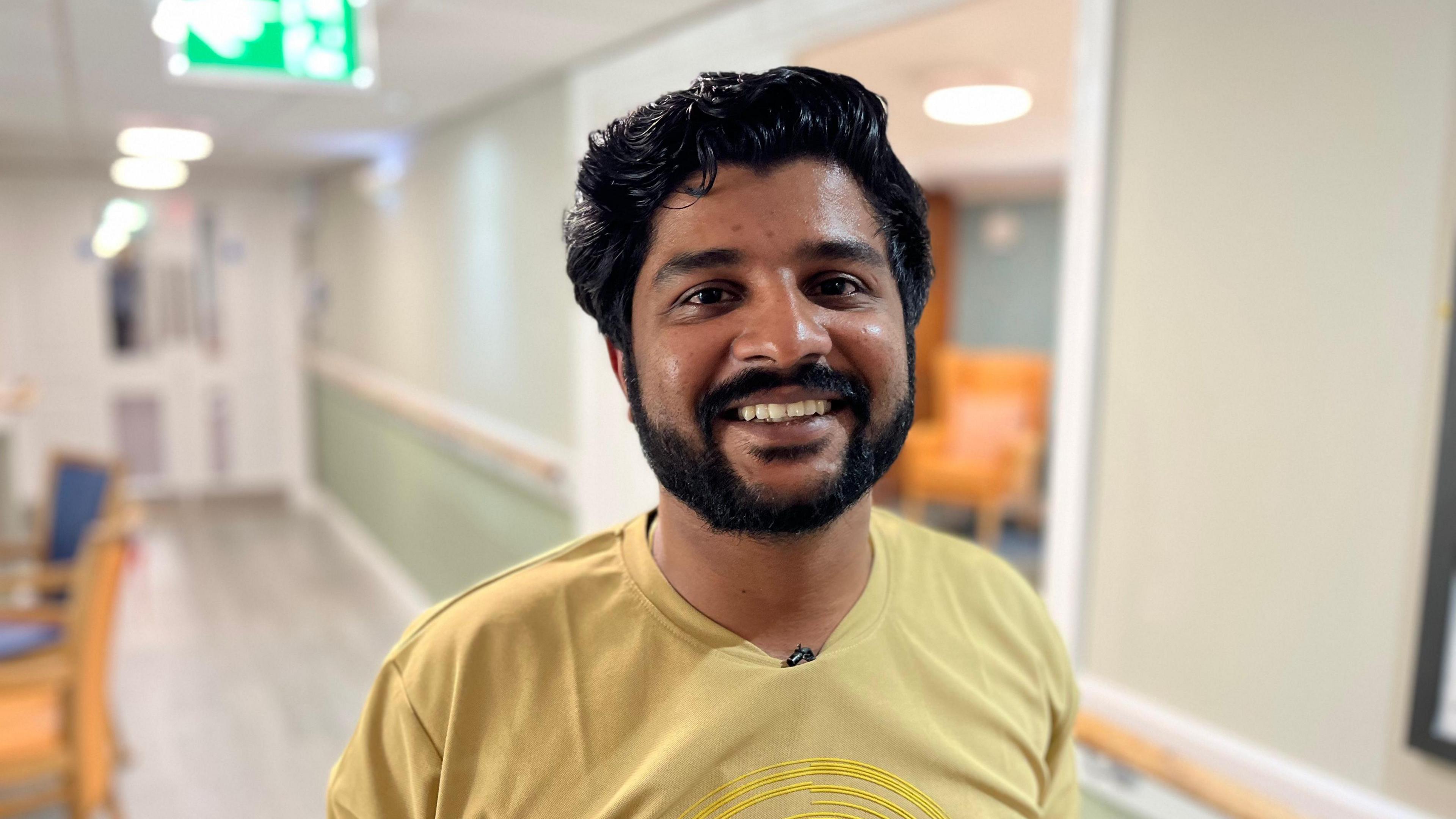
Care assistant Alfin Saju said he was "very concerned" about the mental health impact on migrant workers
Indian care assistant Alfin Saju said he came to the UK before the change of the rules.
He said he was "very concerned" about the mental health impact on migrant workers' if they were not able to bring their families with them.
"If they miss their family, it will be very bad," he said.
Brenda Smith, who is being cared for at the home, said they could not do without the overseas staff, adding they were "all lovely".
Mrs Smith started work when she was 15 and said she was troubled by what she saw as a change in work ethic.
"There are a lot of people in the UK without jobs that could work and I don't think they want to," she said.
'Tremendous' recruitment difficulties
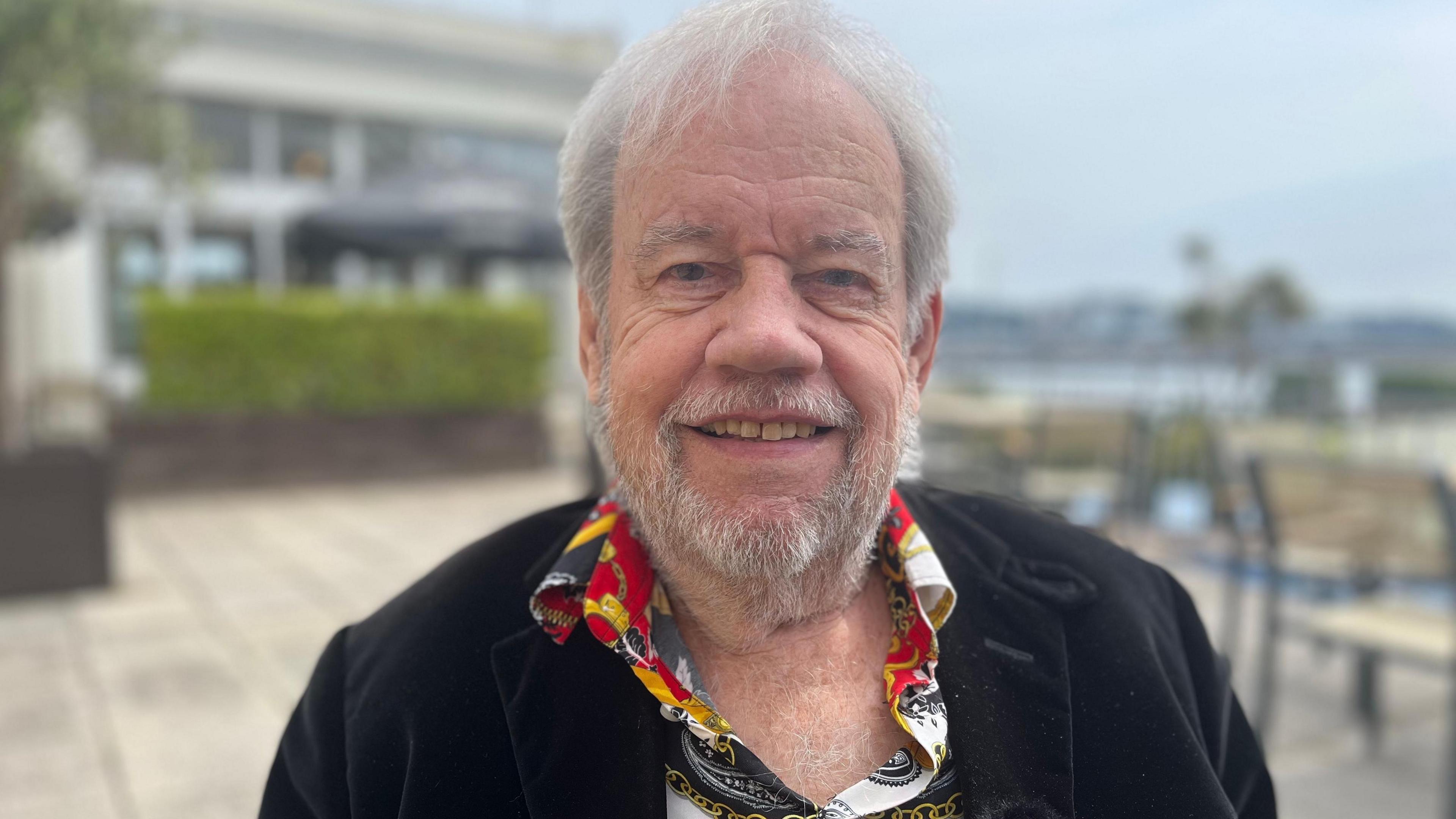
Keith Richardson, owner of The Grand Hotel in Torquay, said the hotel would be in a mess if they did not employ staff from abroad
The owner of The Grand Hotel in Torquay explained how the nationalities of overseas staff had changed at the hotel since Brexit.
Keith Richardson said there were fewer Polish workers since Brexit and more people from countries beyond Europe, including seven from India.
"If we didn't have our 21% working from abroad, we'd be in a mess. We have tremendous difficulty in recruiting staff," said Mr Richardson.
The hotel owner said he would like to employ more UK-born staff as English language skills were sometimes an issue with staff from overseas.
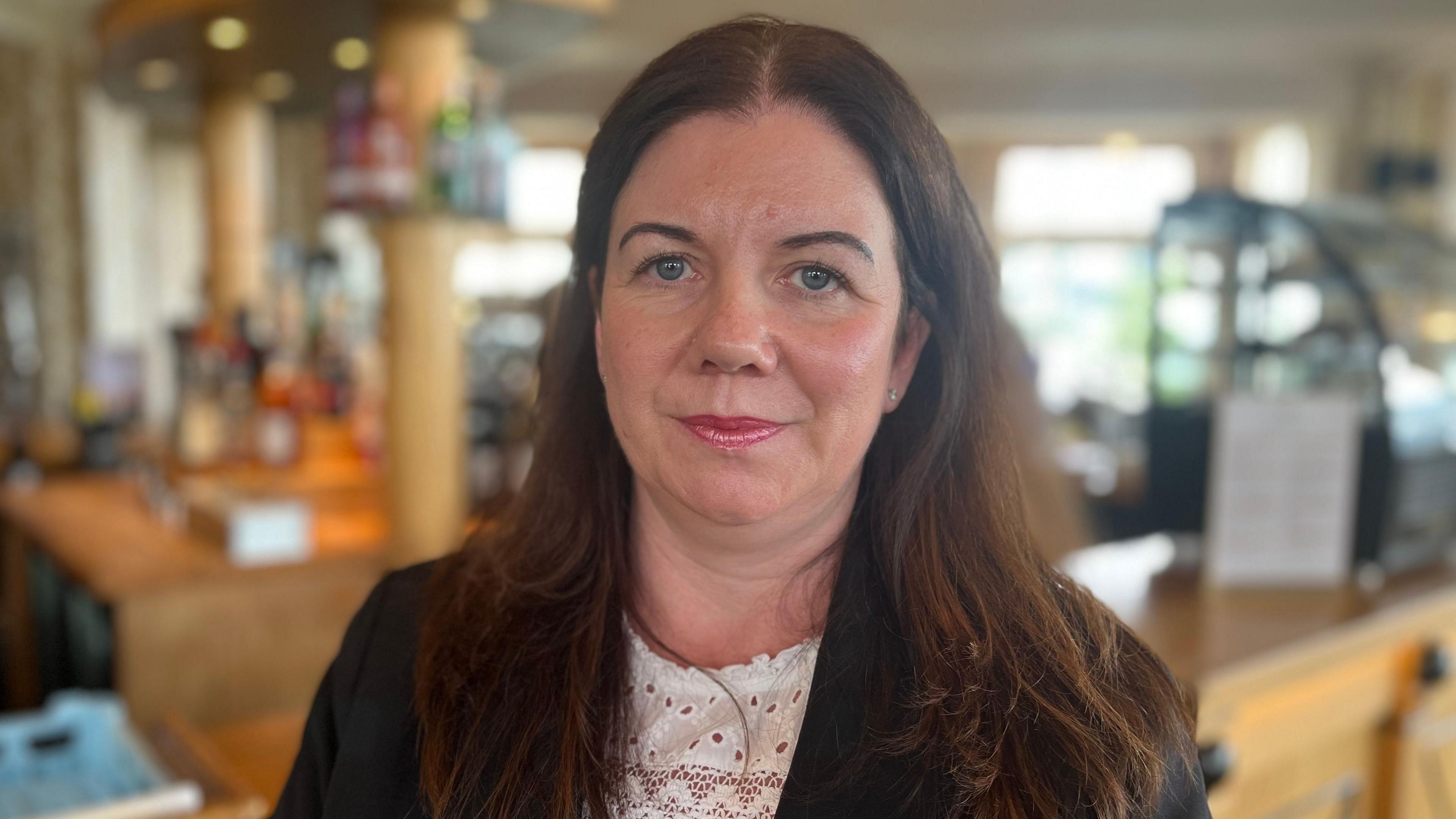
Jacklyn Studley said she started working aged 12
Jacklyn Studley, the hotel's assistant manager, said a more flexible Universal Credit system could help the hotel to become less dependent on overseas staff.
"We've got staff that are on 30 hours a week. We say to them: 'We're a bit short-staffed this week, is there any chance you could do any extra?' and they can't because then they'll lose their Universal Credit," she said.
Ms Studley, who started work when she was 12, said there was evidence of a positive attitude to work among young people in Torbay. She said almost half of the waiting staff at the hotel were under 18.
Election pledges
The Conservatives have pledged to "introduce a legal cap on migration" and "reduce migration every year of the next parliament".
Last week Prime Minister Rishi Sunak responded to the dependents policy on BBC Question Time.
He said: "What we have done is say that if people are going to bring family members here they just need to be able to support them, I think that's reasonable."
Labour said it would "reduce migration by training more UK workers to fill employment gaps".
The Liberal Democrat manifesto contains no explicit pledge to reduce overall migration numbers, instead it promises a "fair effective immigration system that treats everyone with dignity..." and means "no more families are torn apart".
The Green Party would "implement a fair and humane system of managed immigration" and "help families to be together".
Reform would "freeze non-essential immigration but concedes there would be exceptions with work in healthcare considered essential".
Follow BBC Devon on X (formerly Twitter), external, Facebook, external and Instagram, external. Send your story ideas to spotlight@bbc.co.uk, external.